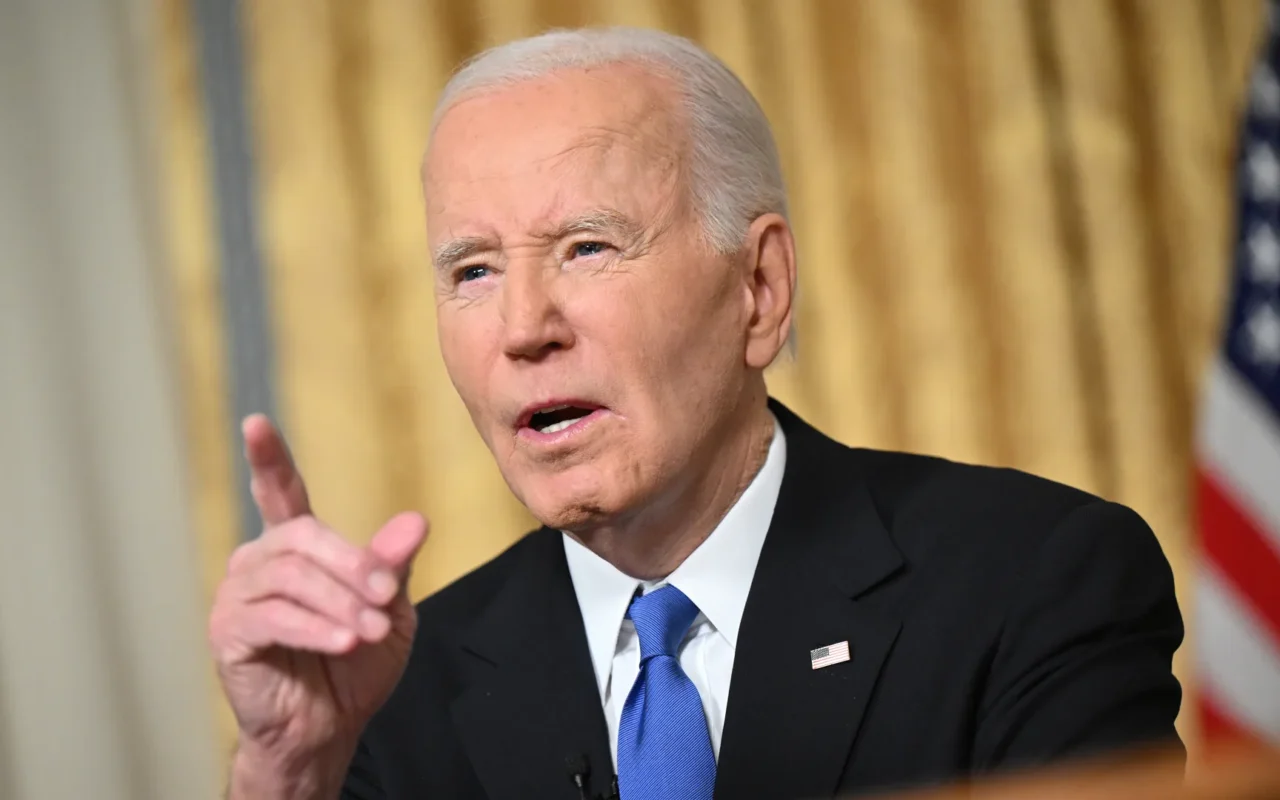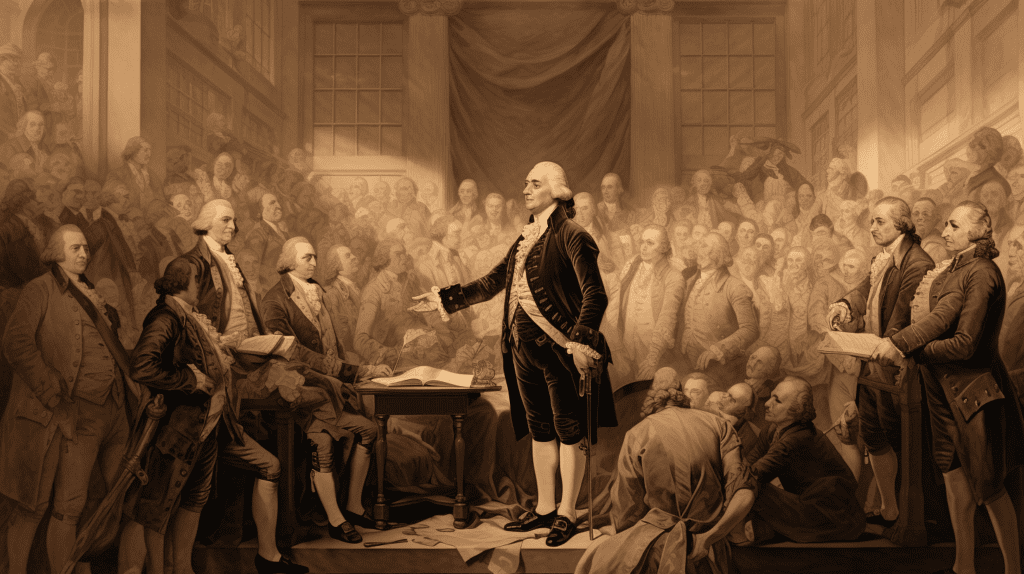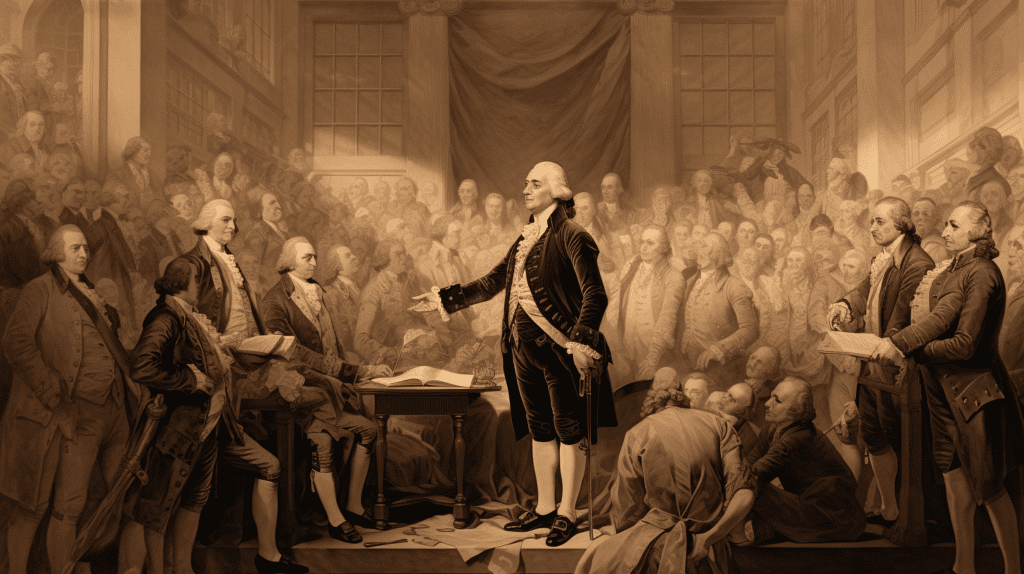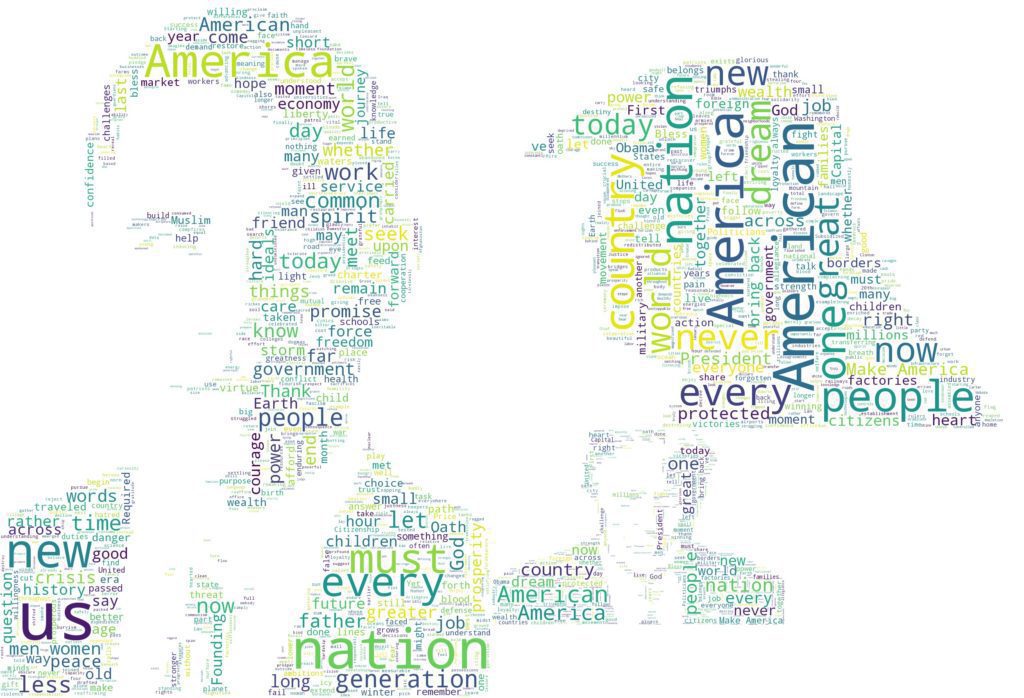In President Joe Biden’s farewell speech (already memory holed by the Trump administration — and archived on my GitHub) he delivered a parting shot to the tech oligarchs currently falling over themselves to bend the knee and kiss the ring. With no fucks left to give, the remarkably Keynesian 46th US President gave a strikingly woke warning about the class struggle rarely revealed so openly by either party — warning of a tech-industrial complex slavering to abuse power even more brazenly:
I want to warn the country of some things that give me great concern. And this is a dangerous — and that’s the dangerous concentration of power in the hands of a very few ultrawealthy people, and the dangerous consequences if their abuse of power is left unchecked. Today, an oligarchy is taking shape in America of extreme wealth, power and influence that literally threatens our entire democracy, our basic rights and freedoms and a fair shot for everyone to get ahead. We see the consequences all across America. And we’ve seen it before. More than a century ago, the American people stood up to the robber barons back then and busted the trusts. They didn’t punish the wealthy. They just made the wealthy play by the rules everybody else had. Workers want rights to earn their fair share. You know, they were dealt into the deal, and it helped put us on the path to building the largest middle class, the most prosperous century any nation the world has ever seen. We’ve got to do that again. The last four years, that is exactly what we have done. People should be able to make as much as they can, but pay — play by the same rules, pay their fair share in taxes. So much is at stake. Right now, the existential threat of climate change has never been clearer. Just look across the country, from California to North Carolina. That’s why I signed the most significant climate and clean energy law ever, ever in the history of the world. And the rest of the world is trying to model it now. It’s working, creating jobs and industries of the future. Now we have proven we don’t have to choose between protecting the environment and growing the economy. We’re doing both. But powerful forces want to wield their unchecked influence to eliminate the steps we’ve taken to tackle the climate crisis, to serve their own interests for power and profit. We must not be bullied into sacrificing the future, the future of our children and our grandchildren. We must keep pushing forward, and push faster. There is no time to waste. It is also clear that American leadership in technology is unparalleled, an unparalleled source of innovation that can transform lives. We see the same dangers in the concentration of technology, power and wealth. You know, in his farewell address, President Eisenhower spoke of the dangers of the military-industrial complex. He warned us that about, and I quote, “The potential for the disastrous rise of misplaced power.” Six days — six decades later, I’m equally concerned about the potential rise of a tech-industrial complex that could pose real dangers for our country as well. Americans are being buried under an avalanche of misinformation and disinformation enabling the abuse of power. The free press is crumbling. Editors are disappearing. Social media is giving up on fact-checking. The truth is smothered by lies told for power and for profit. We must hold the social platforms accountable to protect our children, our families and our very democracy from the abuse of power. Meanwhile, artificial intelligence is the most consequential technology of our time, perhaps of all time.
Biden farewell speech video
Despite the Trumpian regime’s attempt to erase history, there are many copies of the speech available for posterity. You can watch one of them here:









